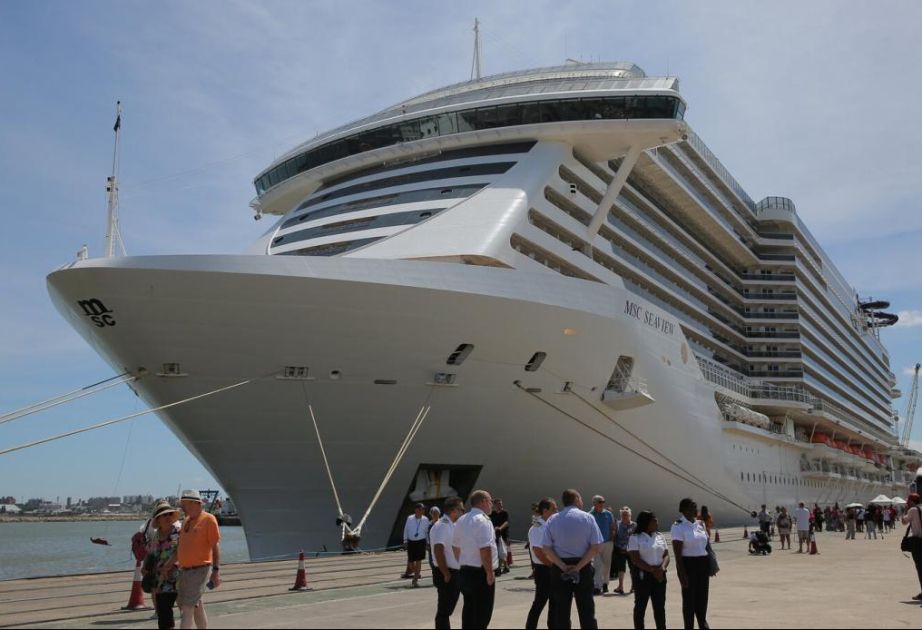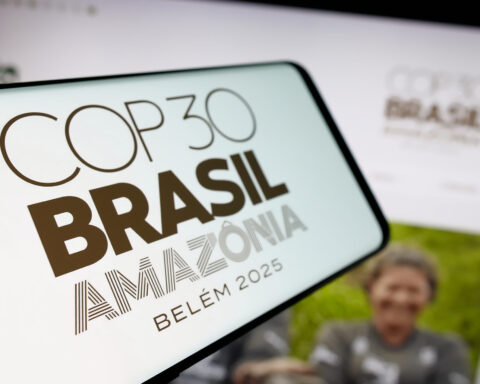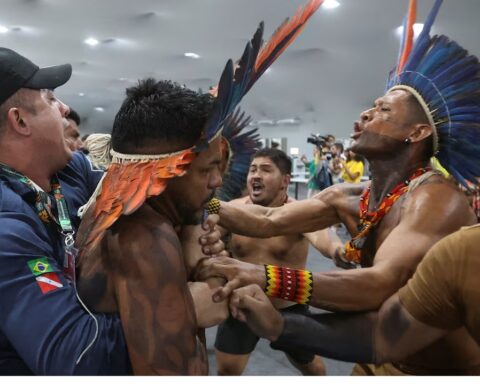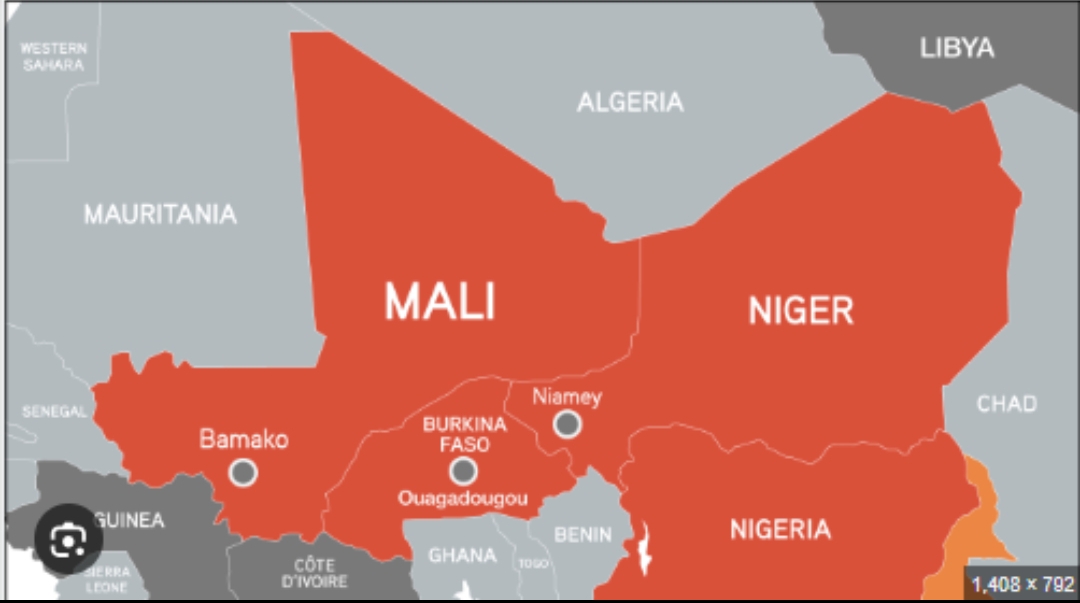As the countdown begins for the United Nations Climate Change Conference (COP30) in Belém, Brazil, the host government has unveiled a plan to provide subsidized accommodation for delegates from some of the world’s poorest countries.
However, African civil society groups and government negotiators argue that the proposed prices, up to $220 per night, remain prohibitively expensive for many, especially those from low-GDP African nations already struggling with severe economic pressures.
The Brazilian COP30 presidency, in response to public concerns raised during last month’s climate talks in Bonn, Germany, announced that it would offer accommodations to 98 developing countries and small island nations.
The initiative includes 3,900 cabins aboard two cruise ships docked at Port of Outeiro, roughly 30 minutes from the summit venue, and an online platform listing rooms priced between $100 and $220 per night.
Valter Correia, Brazil’s Special Secretary for COP30 Logistics, said the initiative is to guarantee that everyone can attend at accessible prices.
“We can’t leave small countries, those that suffer most from climate change, out of this. It would be unthinkable,” he said.
Yet for African countries, whose GDP per capita is among the lowest globally, even the subsidized rate is out of reach for many publicly funded delegates and grassroots climate advocates.
Several African delegates noted that the cost of a two-week stay at $220 per night could exceed $3,000, excluding airfare, meals, and ground transport, an amount equivalent to the annual income of millions across the continent.
“We appreciate the gesture, but $220 a night is still way beyond the reach of most African delegations,” Segun Adekunle, a Nigerian-based founder of an environmental advocacy NGO, told DA News.
“Even at $100, it’s difficult when your country has to sponsor several officials and youth delegates with limited funding.”
Accommodation Crisis Ahead of COP30
Brazil’s hosting of COP30 in Belém, a city in the Amazon rainforest, has been widely celebrated as a chance to refocus climate talks on forest protection and indigenous communities.
However, it has also exposed glaring infrastructure limitations.
Correia admitted that only 30,000 rooms are currently confirmed, while projected attendance exceeds 45,000 people. He said the government is working to repurpose schools and bring more private homes and hotels into the fold.

Another 1,000 rooms priced up to $600/night will soon be available to all delegations on a rolling basis, he added.
The announcement comes after African and Pacific Island nations issued public warnings last month that the “sky-high” accommodation costs in Belém could prevent many from participating in negotiations, particularly those related to adaptation finance, climate justice, and loss and damage, which disproportionately affect developing countries.
Inclusivity or Exclusion?
Climate experts say COP30 risks becoming another summit where key stakeholders from the Global South are sidelined not by policy, but by unaffordable logistics.
“Brazil’s commitment to hosting a people-centered COP is commendable, but accommodation costs shouldn’t be the gatekeeper to participation,” said Joseph Silali, a Kenyan climate advocate and media practitioner.
“If only the rich and well-funded can attend, we risk losing the diversity of voices that give the negotiations meaning,” he added
Despite Brazil’s efforts to combat price gouging, Correia admitted the government could not guarantee affordable rooms for everyone.
“What we are guaranteeing is that everyone can come at accessible prices, but we won’t be able to offer everyone lower rates,” he said.
For now, Brazil has launched a booking website that allows qualified delegations to access the subsidized listings, and the cruise ship cabins are expected to serve as a buffer against lodging shortages.
But with less than four months to go, time is running out for African countries and civil society to secure affordable accommodation and funding to participate fully in what may be a pivotal climate summit.
By Dare Akogun








